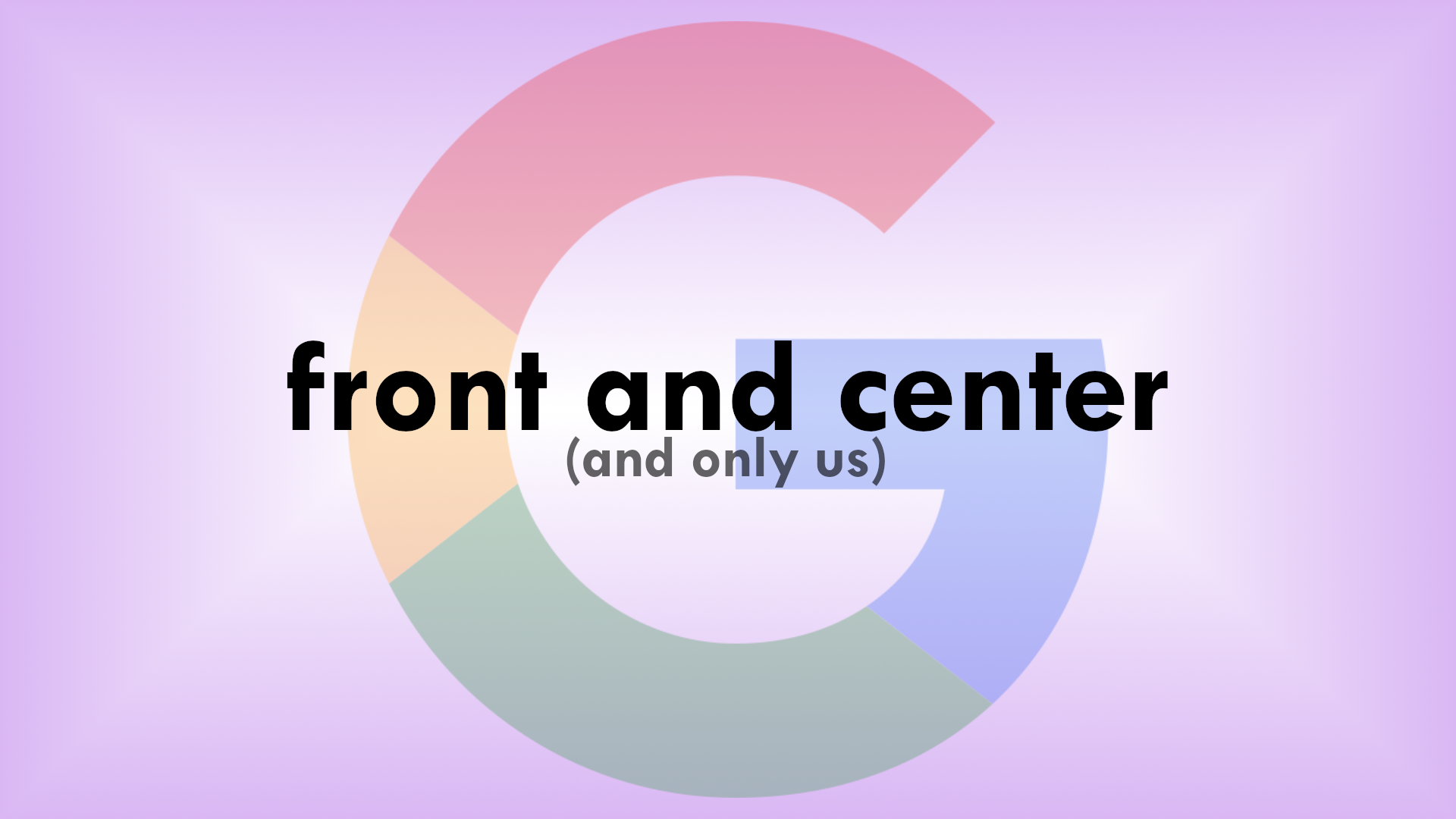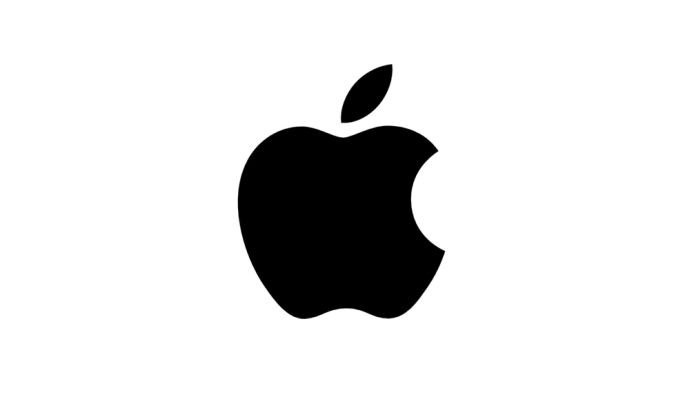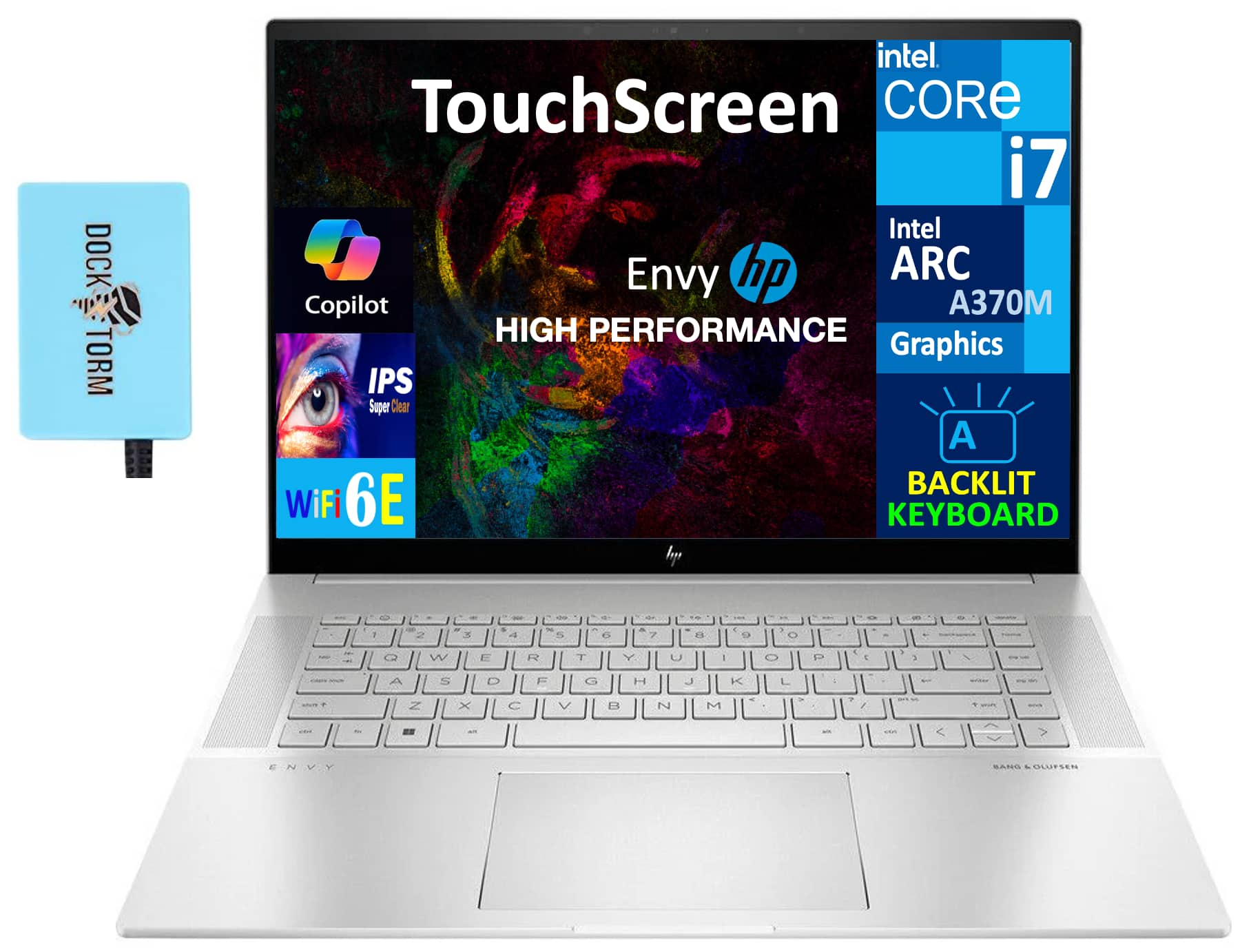Google AI places itself front and center in search results — hard luck everyone else
You might need an alternative if this Duck Duck Go's ahead

Sign up to receive The Snapshot, a free special dispatch from Laptop Mag, in your inbox.
You are now subscribed
Your newsletter sign-up was successful
Yesterday’s Google I/O event was a deluge of reveals about what the tech giant has been cooking up to over the last few years. A notable portion of which comes down to AI, the tech that’s had us all bouncing about in a fervor as our dreams of having a robot best friend, or fears of a SkyNet-like apocalypse seem closer than ever.
One such reveal from yesterday’s Google I/O showcase was Google’s planned generative AI experience for Search. A new function that aims to collate all information from your search into one succinct, easily digestible snapshot. On paper this sounds fantastic for the average user: better results, faster answers, and less time spent reading.
Of course, it’s not exactly great news for the people making all of the content Google just harvested for that snapshot. In fact, it’s likely to be actively detrimental.
So long, and thanks for all the fish
The internet didn’t spring up out of the blue three months ago, it’s been a decades long experiment that’s become the global repository of almost all human generated content. So much content, that navigating it would be a near impossible task were it not for search engines like Google.
The Google Search Engine has a search index that’s over 100 petabytes (100,000,000 gigabytes) in size, and contains hundreds of billions of web pages. Most of which were made, written, or designed by real people looking to get their message out into the world. A lot of the same people likely did their best to optimize, fact-check, and abide by all of Google’s rules to ensure top placement when it came to search results.
The fact is, if you’re not at the top of the stack when it comes to search results, there’s a high chance most users won’t ever come across your content. A Chitika study revealed that the top result of a Google search gets 34% of the traffic – double that of the site in second place. In fact, the top position in your search results gets more traffic than positions 2, 3, 4, and 5 combined.
Why? Probably the reason most people who clicked on this article won’t have made it this far, the same reason most people only read 20% of an article before clicking away: we want our information immediately. Most of us would rather not scroll, we want the information outright and upfront.
Sign up to receive The Snapshot, a free special dispatch from Laptop Mag, in your inbox.
1/Today at #GoogleIO we shared the bold and responsible approach we're taking to use AI to reimagine our products, including Search with a new generative search experience coming first to Labs. You can sign up starting today. https://t.co/rjQscvjWzQhttps://t.co/jmzhruXX2C pic.twitter.com/mgFpxpS8dcMay 10, 2023
With that in mind, take another look at Google’s generative AI experience. Look how far down the results are pushed. Now that Google has effectively monopolized the search engine, and indexed most of the internet, it places its generative AI experience front and center – taking up almost the entire screen of results. They scrape through the sites vying for pole position below them, scouring for information, before presenting it to the user as its own.
Google’s generative AI experience isn’t a strictly user-focused tool – it’s an entirely new way of delivering search results that could have a damning effect on activity for sites that heavily rely on Google’s traffic. One Twitter user summed it up perfectly in the comments:
So, quick question: what's the actual point of visiting any of the sites where you've scraped this content from?May 10, 2023
Outlook
With the explosion in AI related tools entering the mainstream, it was only a matter of time before Google entered the fray in full force. Google I/O’s AI bonanza showed exactly that and, while there’s plenty of useful features in the pipeline, this move by Google seems to go against the grain when it comes to how the search engine has previously operated.
If Google Search users don’t change the way they’ve been historically shown to search, Google looks set to reap the rewards for a lot of other people's hard work. The new search experience seemingly neither cites nor credits most of the sources it was scraped from and robs those individuals or publishers of the traffic they might previously have earnt.
The results of which could be catastrophic for bloggers, publishers or businesses who are reliant upon traffic from Google to draw in views. To many of the people running SEO dependant websites, this part of the Google I/O itinerary was their potential death sentence, and a sharp and painful answer to the question “Why did Google stop making use of the phrase ‘Don’t be evil’?”

Rael Hornby, potentially influenced by far too many LucasArts titles at an early age, once thought he’d grow up to be a mighty pirate. However, after several interventions with close friends and family members, you’re now much more likely to see his name attached to the bylines of tech articles. While not maintaining a double life as an aspiring writer by day and indie game dev by night, you’ll find him sat in a corner somewhere muttering to himself about microtransactions or hunting down promising indie games on Twitter.











